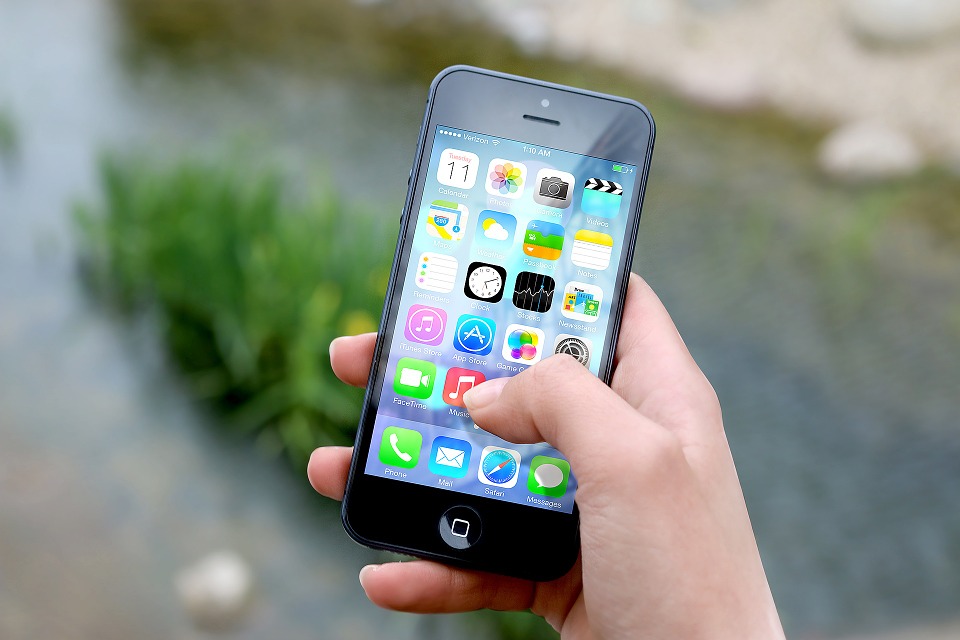Gartner Highlights 10 Uses for AI-Powered Smartphones
Artificial intelligence (AI) features will become a critical product differentiator for smartphone vendors that will help them to acquire new customers while retaining current users, according to Gartner, Inc.
As the smartphone market shifts from selling technology products to delivering compelling and personalized experiences, AI solutions running on the smartphone will become an essential part of vendor roadmaps over the next two years.
Gartner predicts that by 2022, 80 percent of smartphones shipped will have on-device AI capabilities, up from 10 percent in 2017. On-device AI is currently limited to premium devices and provides better data protection and power management than full cloud-based AI, since data is processed and stored locally.
“Future AI capabilities will allow smartphones to learn, plan and solve problems for users,” said CK Lu, research director at Gartner. “This isn’t just about making the smartphone smarter, but augmenting people by reducing their cognitive load.”
Gartner has identified 10 high-impact uses for AI-powered smartphones to enable vendors to provide more value to their customers.
- “Digital Me” Sitting on the Device
Smartphones will be an extension of the user, capable of recognizing them and predicting their next move. They will understand who you are, what you want, when you want it, how you want it done and execute tasks upon your authority.
- User Authentication
Security technology combined with machine learning, biometrics and user behavior will improve usability and self-service capabilities.
- Emotion Recognition
Emotion sensing systems and affective computing allow smartphones to detect, analyze, process and respond to people’s emotional states and moods.
- Natural-Language Understanding
Continuous training and deep learning on smartphones will improve the accuracy of speech recognition, while better understanding the user’s specific intentions.
- Augmented Reality (AR) and AI Vision
With iOS 11, Apple included an ARKit feature that provides new tools to developers to make adding AR to apps easier. Google announced its ARCore AR developer tool for Android and plans to enable AR on about 100 million Android devices by the end of next year.
6) Device Management
Machine learning will improve device performance and standby time. With many sensors, smartphones can better understand and learn user’s behavior, such as when to use which app.
7) Personal Profiling
Smartphones are able to collect data for behavioral and personal profiling. Users can receive protection and assistance dynamically, depending on the activity that is being carried out and the environments they are in.
- Content Censorship/Detection
Restricted content can be automatically detected. Objectionable images, videos or text can be flagged and various notification alarms can be enabled.
9) Personal Photographing
Personal photographing includes smartphones that are able to automatically produce beautified photos based on a user’s individual aesthetic preferences.
- Audio Analytic
The smartphone’s microphone is able to continuously listen to real-world sounds. AI capability on device is able to tell those sounds, and instruct users or trigger events.
About Gartner
Gartner, Inc. (NYSE: IT) is the world’s leading research and advisory company. The company helps business leaders across all major functions in every industry and enterprise size with the objective insights they need to make the right decisions. Gartner’s comprehensive suite of services delivers strategic advice and proven best practices to help clients succeed in their mission-critical priorities. Gartner is headquartered in Stamford, Connecticut, U.S.A., and has more than 15,000 associates serving clients in 11,000 enterprises in 100 countries. For more information, visit www.gartner.com.




























